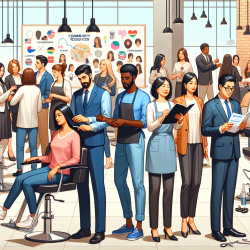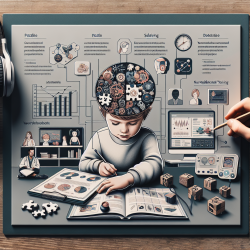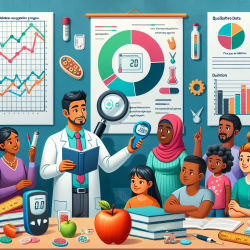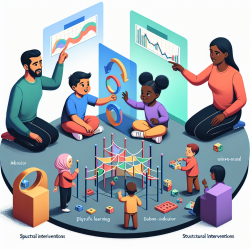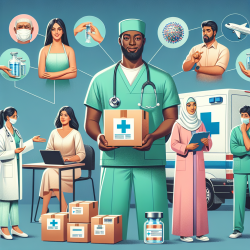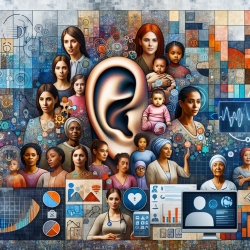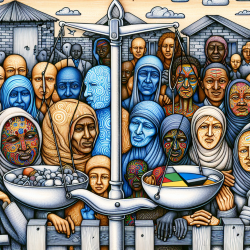Introduction
In recent years, the role of salon professionals has expanded beyond providing beauty services. According to a study titled Exploring the role of salon professionals in identifying sex trafficking and violence victims in Indiana, these professionals can play a pivotal role in identifying and supporting victims of sex trafficking and intimate partner violence (IPV). This blog delves into the study's findings and offers actionable insights for salon professionals to enhance their skills and contribute to community safety.
The Unique Position of Salon Professionals
Salon professionals often form close relationships with their clients, providing a safe space for personal disclosures. This unique position allows them to notice signs of abuse that may not be visible to others. The study highlights that while salon professionals frequently encounter signs of IPV, such as bruises and odd behavior, they often lack the training to effectively identify and intervene in such situations.
Training and Education: A Path Forward
To bridge this gap, the study suggests implementing comprehensive training programs for salon professionals. These programs should focus on:
- Recognizing signs of sex trafficking and IPV.
- Engaging in safe and supportive conversations with clients.
- Connecting clients with community resources and support systems.
Such training could be integrated into the licensing process and offered as continuing education to ensure salon professionals are equipped to handle these sensitive situations.
Building Community Partnerships
Collaboration with local law enforcement and community organizations can enhance the effectiveness of salon professionals in identifying and supporting victims. The study recommends creating partnerships that provide salon professionals with access to victim-focused resources and legal protection when intervening on behalf of clients.
Legal and Policy Implications
Currently, few states mandate training for salon professionals in identifying sex trafficking and IPV. The study advocates for policy changes that require such training as part of the licensing process. By doing so, states can empower salon professionals to become proactive participants in violence prevention and intervention efforts.
Conclusion
Salon professionals are in a unique position to make a significant impact in the fight against sex trafficking and IPV. By implementing targeted training and fostering community partnerships, they can become vital allies in identifying and supporting victims. As the study suggests, empowering salon professionals through education and collaboration can lead to safer communities and more effective intervention strategies.
To read the original research paper, please follow this link: Exploring the role of salon professionals in identifying sex trafficking and violence victims in Indiana.
